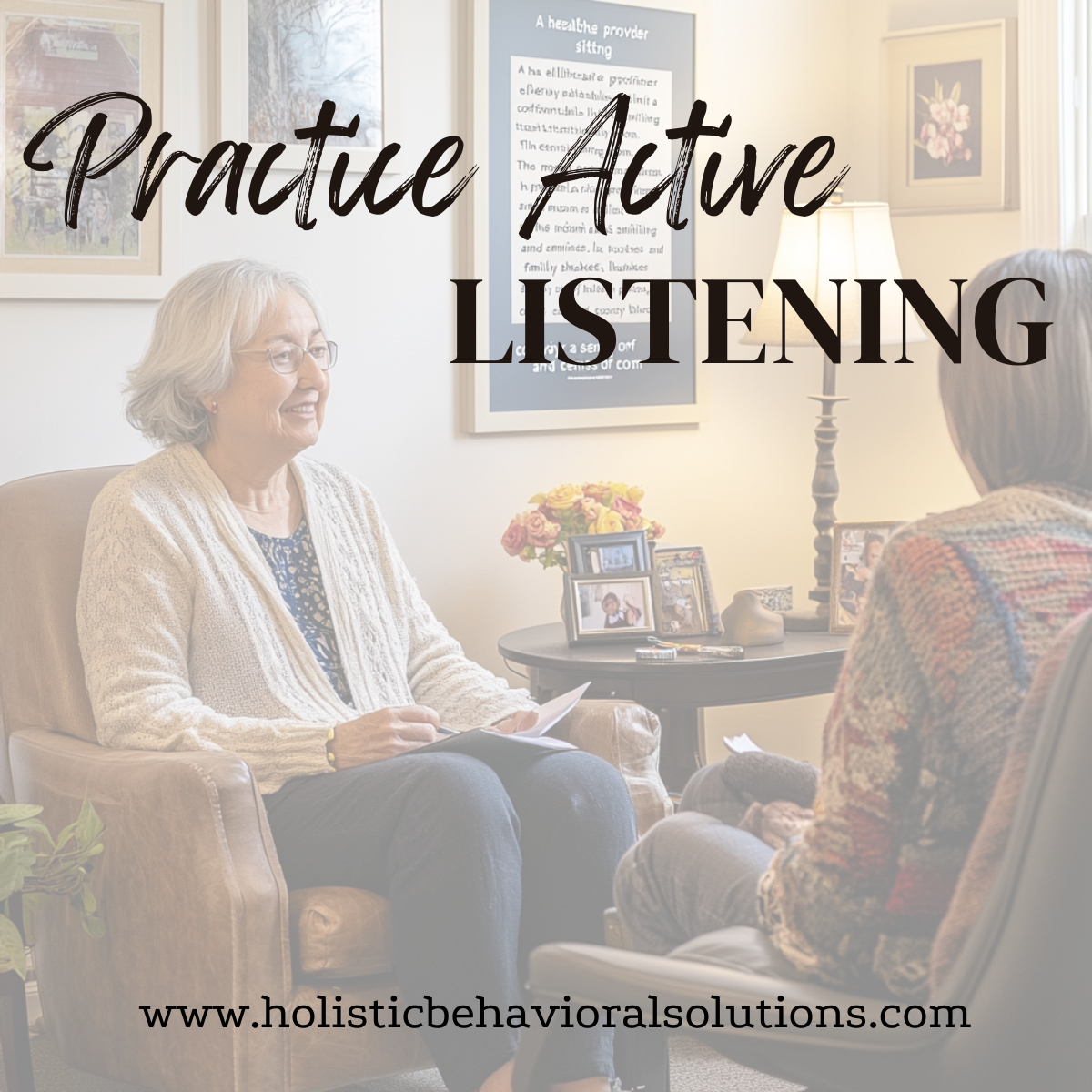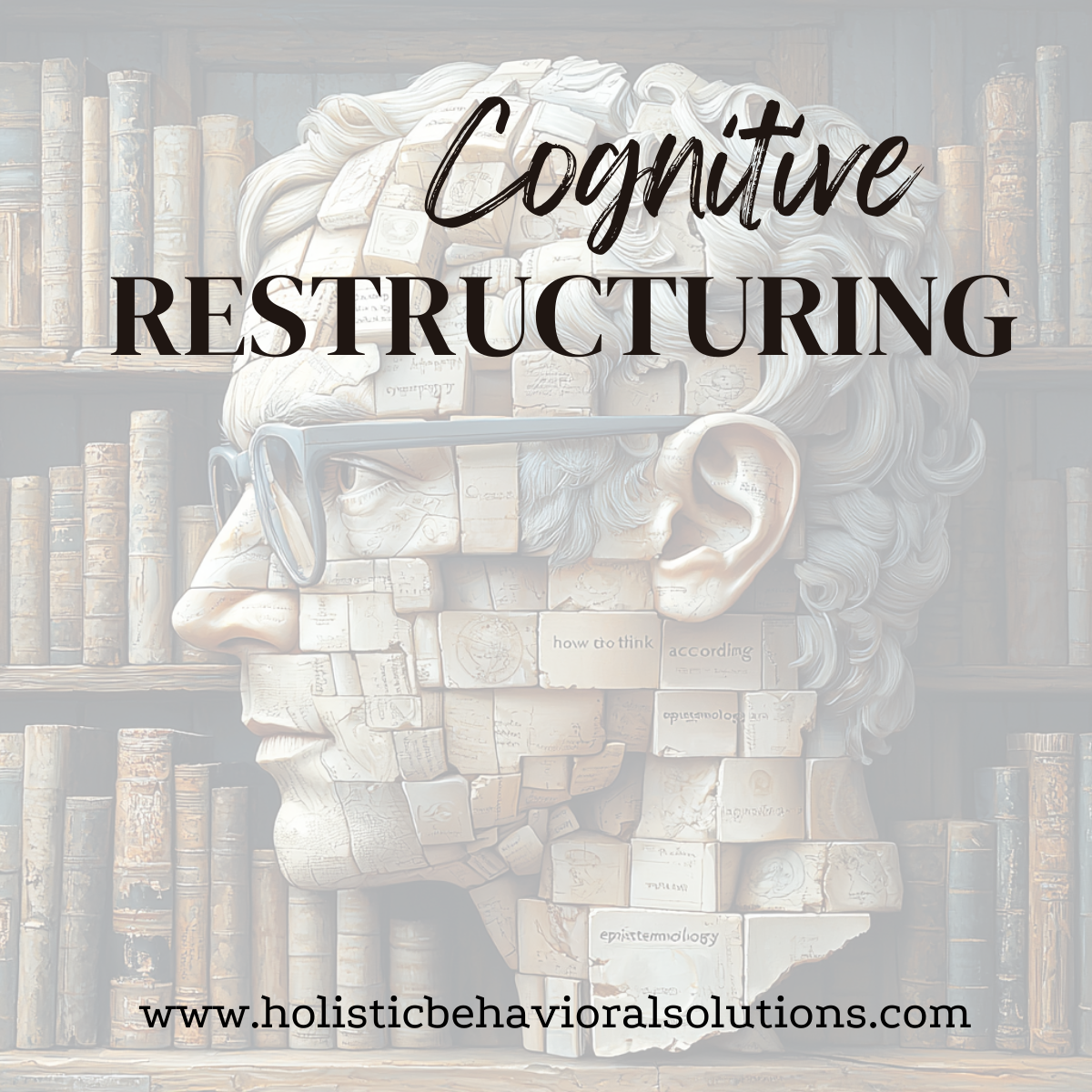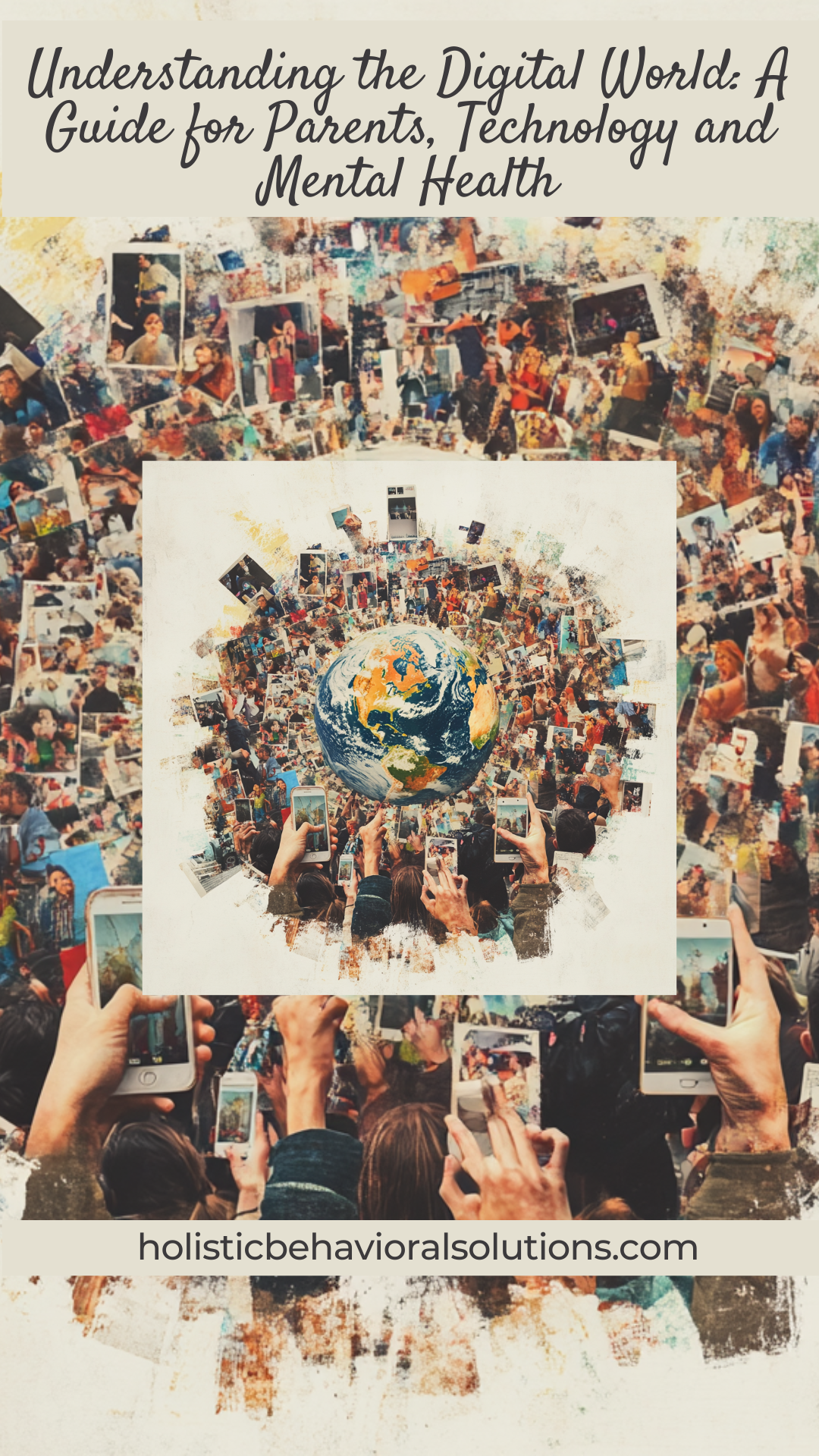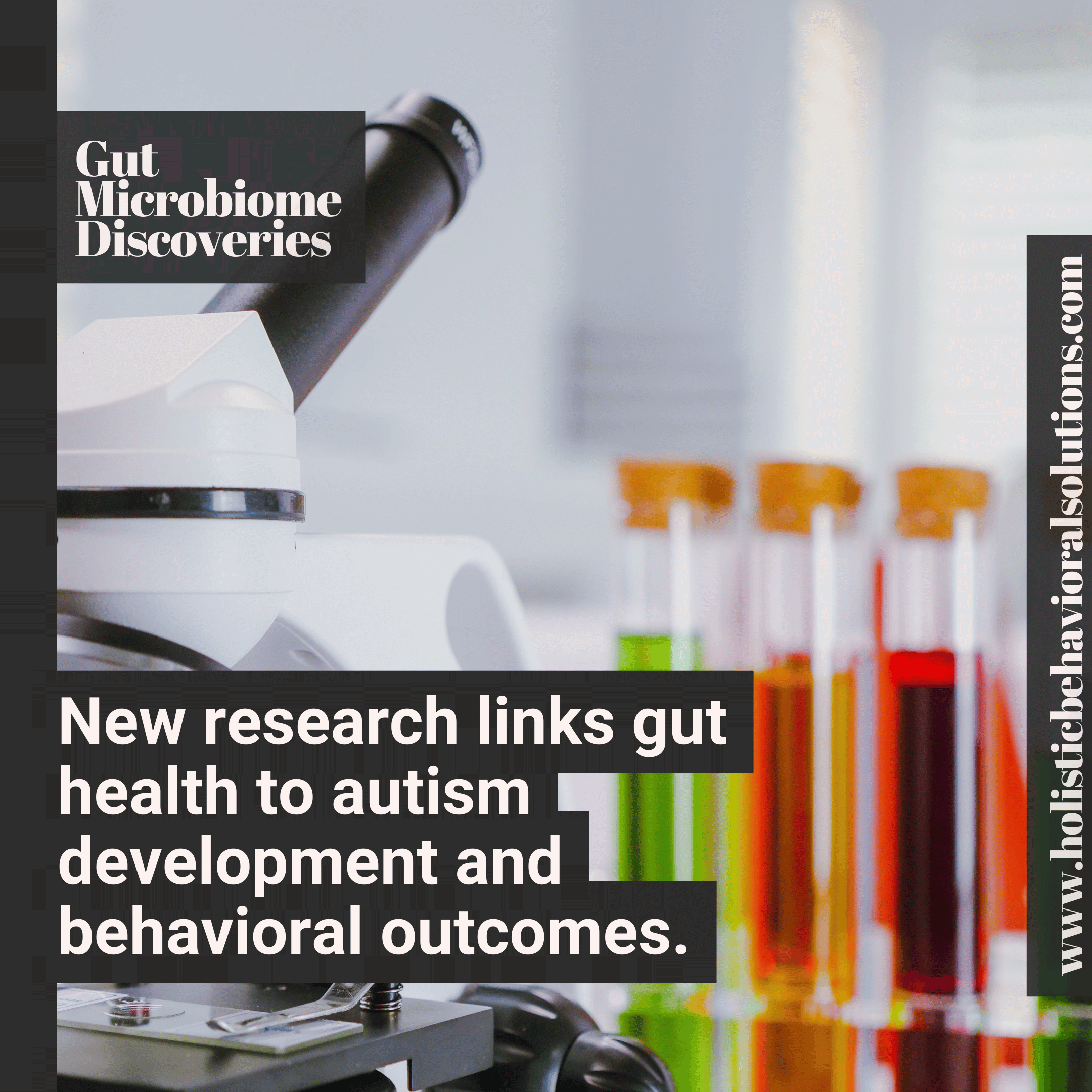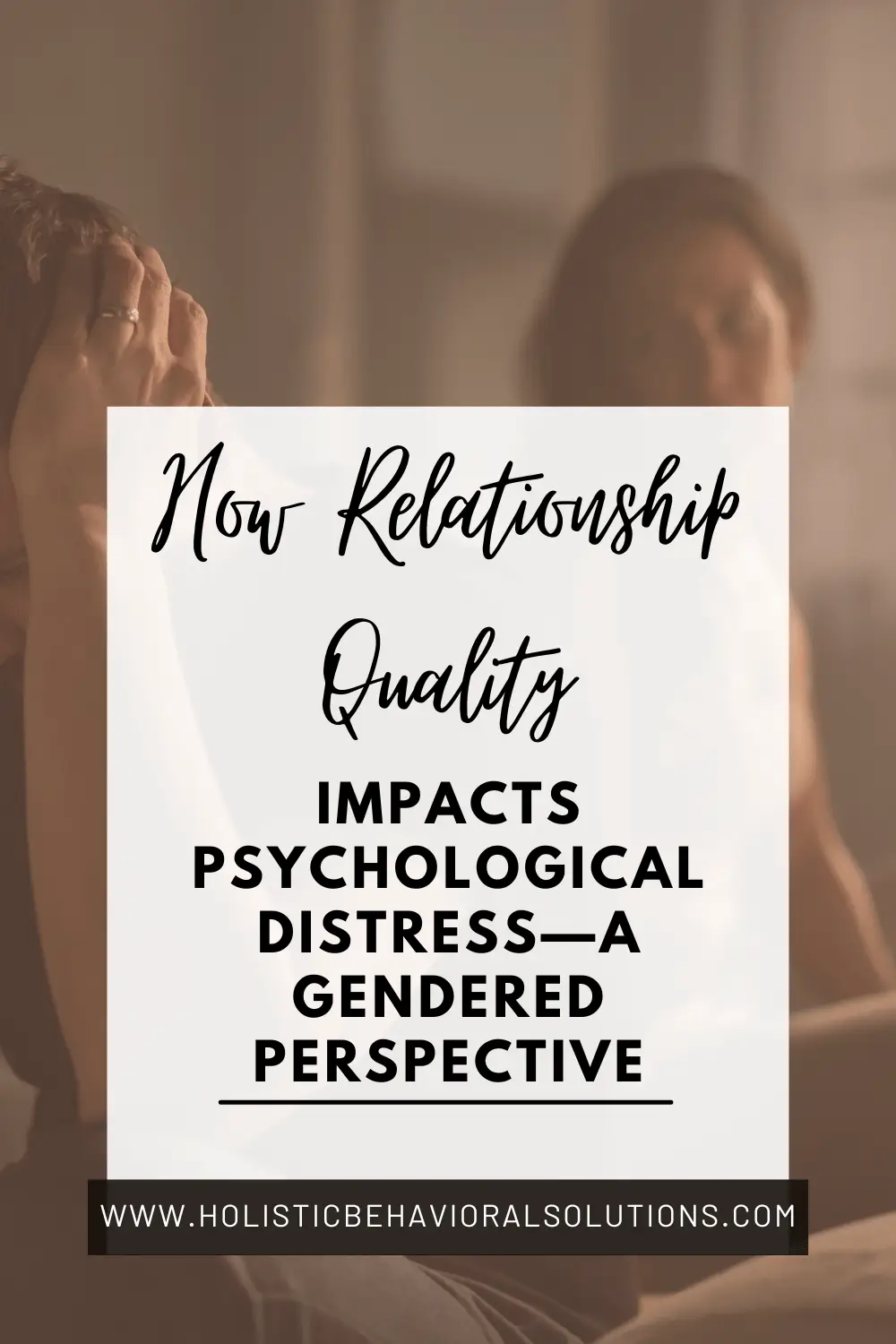The Power of Active Listening in Building Resilience: A Therapist’s Perspective
Active listening goes far beyond simply hearing the words someone is saying. It involves fully engaging with the speaker, showing empathy, and providing verbal and non-verbal feedback to ensure they feel heard and understood. As a therapist, I often explain active listening as a form of presence — it requires us to quiet our own internal dialogue, refrain from judgment, and focus entirely on the person speaking.
The Power of Active Listening in Building Resilience: A Therapist’s Perspective Read Post »
